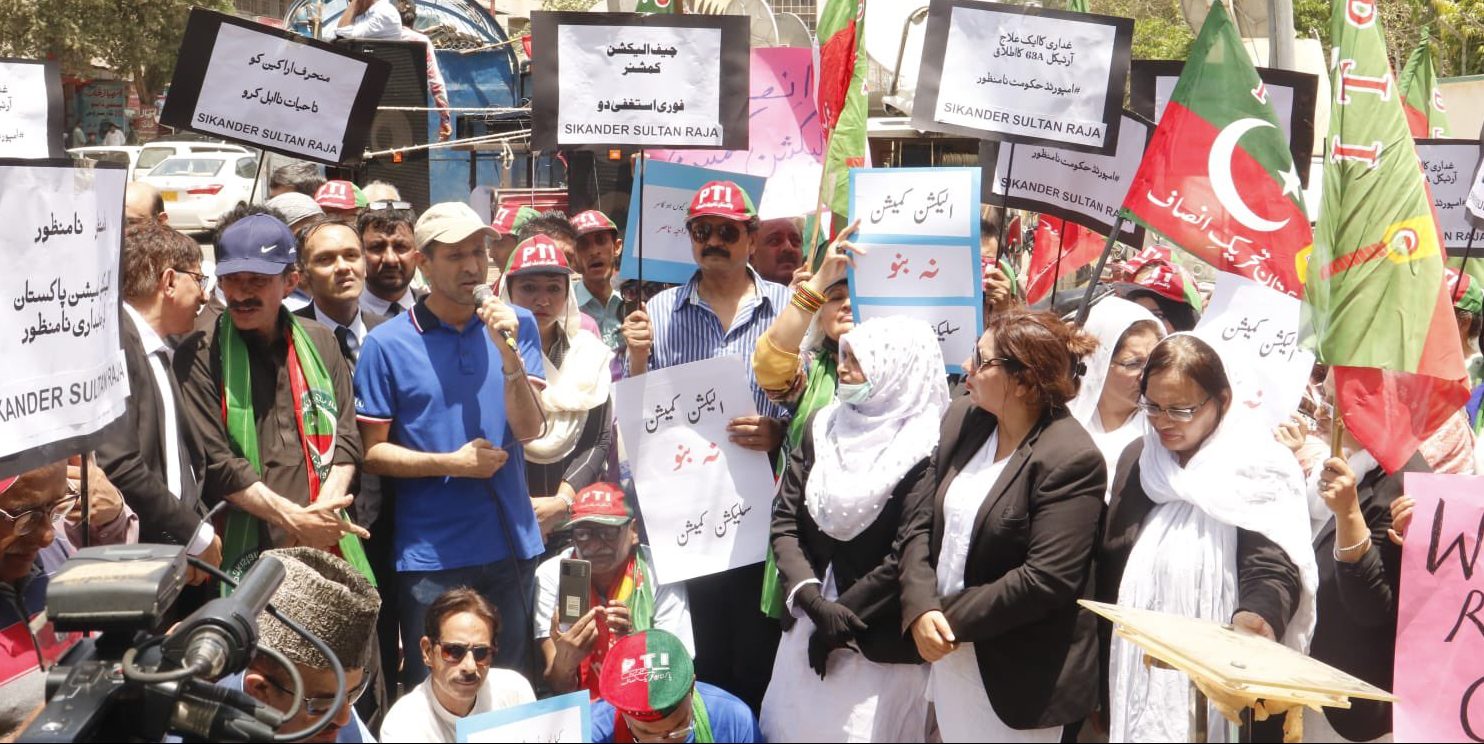A bombshell letter penned by six Islamabad High Court (IHC) judges has exposed a deep crisis within Pakistan’s judicial system. The judges accuse the country’s intelligence apparatus, specifically the Inter-Services Intelligence (ISI), of blatant interference in judicial affairs. This alleged interference includes:
- Pressuring Judges: The letter details instances where judges were pressured through friends and relatives, allegedly by ISI operatives, to influence the outcome of specific cases, including the disqualification plea against former Prime Minister Imran Khan.
- Abduction and Torture: The judges allege that the brother-in-law of one judge was abducted, tortured, and coerced into making false accusations against the judge in a bid to force resignation.
- Surveillance: In a shocking revelation, the letter claims that hidden cameras were found in a judge’s official residence, recording private moments with family members. No investigation into who installed the cameras or who is accountable has been conducted.
The letter from the Islamabad High Court (IHC) judges highlights concerns about what they perceive as “brazen meddling” and potential intimidation tactics directed towards judges. It appears to be addressed to several high-ranking officials within the Pakistani judiciary, including Chief Justice Qazi Faez Isa, Supreme Court Justices Mansoor Ali Shah and Munib Akhtar, as well as chief justices of the IHC and Peshawar High Court.
One of the key points raised in the letter questions the existence of a “state police” that allegedly aims to intimidate and coerce judges. This suggests a fear among the signatories that judicial independence may be under threat from external pressures or interference.
The judges signing the letter dated March 25 include Justices Mohsin Akhtar Kayani, Tariq Mehmood Jahangiri, Babar Sattar, Sardar Ejaz Ishaq Khan, Arbab Muhammad Tahir, and Saman Rafat Imtiaz, indicating a collective concern among members of the IHC regarding these issues.
FAILED ASSURANCES
These accusations paint a disturbing picture of a judiciary under undue pressure. The judges’ concerns are further amplified by the following details:
- Failed Assurances: The letter states that the IHC Chief Justice, upon being informed about past instances of interference, allegedly received assurances from the ISI Director-General that such activities would cease. However, the pressure continued.
- Lack of Response: The judges point out an absence of clear guidelines within the SJC’s code of conduct to address situations where judges face intimidation. They call for a judicial convention to discuss this critical issue.
REACTIONS AND DEMANDS:
The explosive letter has sparked national outrage and calls for action:
- Political Parties: Former Prime Minister Imran Khan’s party, PTI, has demanded an impartial inquiry, highlighting concerns over the fairness of past judgments.
- Legal Fraternity: Bar associations across Pakistan have condemned the alleged interference and demanded investigations. Some advocate for a transparent inquiry by a judicial commission.
- Former Attorney General: Ashtar Ausaf, a former Attorney General, emphasizes the seriousness of the accusations and suggests an investigation either by the Supreme Court or a high-level government commission.
Imaan Zainab Mazari-Hazir, a human rights attorney, called the letter “huge”. “The courage of these six judges deserves recognition, even though everyone is aware of the strain the courts have been under,” she remarked.
The letter by 6 Judges of the Islamabad High Court to the Supreme Judicial Council on “interference” and “intimidation” by “operatives of intelligence agencies” is HUGE.Everyone has known the pressure the courts have been under but the bravery of these 6 judges must be applauded. pic.twitter.com/POfGiaCelB
— Imaan Zainab Mazari-Hazir (@ImaanZHazir) March 26, 2024
UNCERTAIN FUTURE:
The Chief Justice of Pakistan has summoned a full court meeting to address the situation. The judiciary faces a critical juncture. It must demonstrate its commitment to independence and ensure a thorough investigation into these allegations.
- The letter raises concerns about the potential for politically motivated judicial outcomes.
- The impact of intelligence agencies on the rule of law in Pakistan requires further scrutiny.
- Strengthening judicial independence through legal reforms and transparent accountability mechanisms is crucial.
This unfolding situation in Pakistan highlights the importance of a robust and independent judiciary as a cornerstone of any democracy.


















